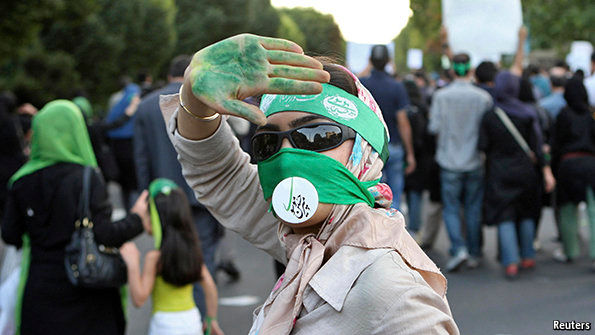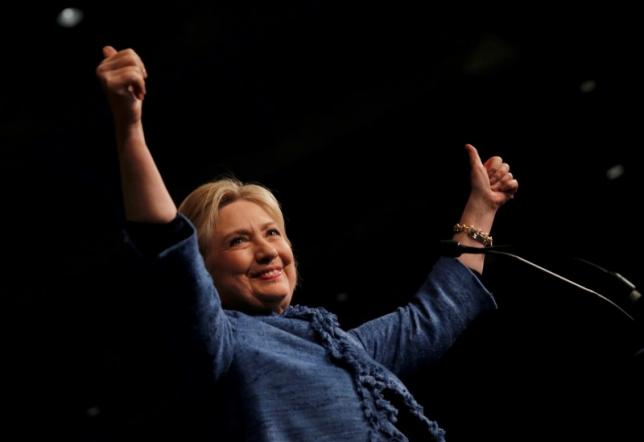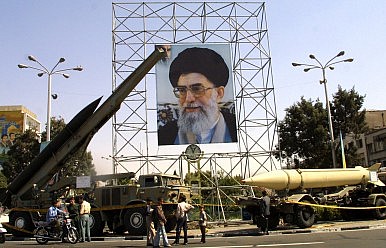Iran- Human Rights (Women, Minorities, Ethnics)
Amnesty fears teenage offender to be executed in Iran soon
Amnesty
A young Iranian man, Himan Uraminejad, on death row in Iran for an offence carried out when he was a child, has been told that he will be executed soon after 1 April, Amnesty International has warned.
“Himan Uraminejad was sentenced to death in August 2012 after he was convicted of murder over the fatal stabbing of a boy during a fight, when he was 17,” the international human rights group said in an Urgent Action alerting its members on Thursday, March 24.
Himan is now aged 21, and on death row in Sanandaj’s Prison, western Kurdistan Province, where he has been told he will be executed after the Iranian New Year holiday period ends on 1 April,Amnesty said.
Iran Supreme Court Issues Prisoner Removal of Eye Punishment
Iran Human Rights
Iranian Supreme Court judges have reportedly ordered the removal of the eye of a 28-year-old prisoner who has only been identified as Saman.
The blinding punishment is part of a retribution sentence issued by the Supreme Court to Saman for allegedly blinding another man during a street fight.
According to a report by Shahrvand, an Iranian daily newspaper, Saman was 23 years old at the time he was allegedly involved in a physical altercation with Jalal, who was 25 years old at the time. During his interrogations, Saman reportedly claimed that he had unintentionally blinded Jalal with a metal rod.
Human rights in Iran are still atrocious
Economist
While Iran reopens to the West, repression still prevails at home.
DESPITE a lessening of tension between Iran’s government and the West since last year’s agreement over the country’s nuclear programme, draconian punishments of criminals and dissidents persist, according to a report by the UN’s Human Rights Council. At least 966 executions are said to have been carried out in 2015, one of the highest rates in the world, up from 750 in 2014. Some sources, according to the report, put the figure above 1,000. It notes that 25 people were executed in one day last year in a prison close to Tehran, the capital. It particularly laments the execution of juveniles; at least 16 have been hanged in the past two years for crimes committed when they were under 18; at least 160 young offenders are on death row.
Iranian Musician Puts Instrument on Sale to Pay Judicial Fine
Iran Human Rights
Mehdi Rajabian, an Iranian musician and founder of the banned website BargMusic, has put his sitar up for sale to pay a fine recently issued to him by Iran’s Judiciary.
In autumn 2013 Iranian authorities arrested Mehdi along with his brother Hossein Rajabian, a filmmaker, and their friend Yousef Emadi in the city of Sari (Mazandaran province, northern Iran). Yousef Emadi is also a musician and was helping Mehdi Rajabian manage BargMusic. The three men were reportedly transferred to Evin Prison where they were held for more than two months in Ward 2A, a solitary confinement section of the prison that is under the sole control of the Iranian Revolutionary Guard Corps and does not fall under prison jurisdiction. “They were first held in a detention center in Sari and tortured with electric tasers. In Ward 2A, they were interrogated for hours,” a close source who asked to be anonymous tells Iran Human Rights.
Iran- Terrorism Activities (Middle-East)
Iran-backed Shia militia says it will fight US Marines deployed to Iraq
The Telegraph
Group fighting alongside Iraqi army says US must withdraw Marines or the militia will “deal” with them as an occupying foreign force.
One of the deadliest Iranian-backed militias in Iraq has threatened to attack US troops deployed fighting the Islamic State (Isil) and “deal” with them as occupying forces.
The Asaib Ahl al-Haq militia, known as the League of the Righteous, issued the warning after it emerged the US has deployed several hundred marines to aid Iraqi forces as they try to retake Mosul.
The Iranian connection
The Washington Times
Questions about Iran’s involvement in the Benghazi attacks persist.
In the aftermath of the 2012 Benghazi attack that killed four Americans, Defense Intelligence Agency Director Lt. Gen. Michael T. Flynn tasked the intelligence community for information on Iran’s involvement in the attack.
“They were actually Quds Force operatives. The kidnapping was arranged to make it look like they were being taken hostages, when actually they were being taken off the street so they could covertly direct the attack on the U.S. compound. “We know from liaison relationships that Iranians did the training. They organized the militia and taught them how to zero in the mortars. They set up sophisticated surveillance of the consulate – and they did it all while they were ‘hostages,'” he said.
MP says Iran shuttered embassies over lack of funding
Al Monitor
Summary: According to one Iranian parliamentarian, financial issues were behind Iran’s closing of a number of embassies, for which the Foreign Ministry has long complained of a lack of funding.
In a March 24 interview with ICANA, parliamentarian Bagher Hosseini discussed the troubles facing Iran’s diplomatic institutions. According to Hosseini, “Some embassies have essentially been closed” due to financial issues.
Iran proxy militia vows to fight against US forces in Iraq
Iranian-American Forum
On March 21, one of Iran’s main proxy militias in Iraq called “Asaib Ahl al-Haq” has warned that it would treat U.S. Marines deployed in Iraq to fight Islamic State as forces of occupation. According to Fars news agency, affiliated with Iranian revolutionary guards, Asaib and another militia have vowed to fight against US troops.
Asaib Ahl al-Haq is one of the main Shiite militias formed by Iran Quds force in Iraq. In 2006, Iran realized that the Mahdi Army, led by Muqtada al-Sadr, had become hard to control, therefore, the Quds Force organized a number of Mahdi Army officers and followers into a new organization called Asaib Ahl al-Haq. Its leader is Qeys Khazali, a former Sadr associate.
Iraq Isn’t Lost to Iran
The ISIS onslaught has convinced many Iraqis of the need for better relations with the U.S.
The conventional wisdom in Washington, D.C., seems to be that Iraq is hopelessly lost to Iran. The best that the U.S. can do, this view suggests, is to destroy Islamic State there and develop a special relationship with an independent or semi-independent Iraqi Kurdistan.
Washington should do those things. But it also should not abandon the rest of Iraq. Based on recent meetings in Baghdad with Iraqi leaders, including Prime Minister Haider al-Abadi, I believe that the country is not lost.
Iran- Nuclear Activities
U.S. leaders must still ‘distrust’ Iran – Clinton
Reuters
U.S. presidential candidate Hillary Clinton said in a speech to a pro-Israel lobby group in Washington on Monday Iran still posed a threat to Israel and needed to be closely watched.
Speaking to the annual policy conference of the American Israel Public Affairs Committee, Clinton, the Democratic front-runner, also criticized her Republican rival Donald Trump for having a “neutral” stance on Israel.
Iran, France’s Total sign confidential oil deal: Zangeneh
Iran Daily
Tehran and France’s oil giant Total have signed a non-disclosure agreement on the development of the South Azadegan oil field shared by Iran and Iraq.
On Thursday, Iranian Minister of Petroleum Bijan Zangeneh said Tehran and Total have agreed to keep the articles of the accord confidential, adding that the French firm is now “studying its participation in the [development of] the oil field,” which is one of the largest in Iran.
The Chinese Smuggler and the Iran Deal
The Diplomat
On February 1, 2016, Sihai Cheng was sentenced to nine years in prison after pleading guilty to six charges related to the diversion of U.S.-manufactured pressure transducers to Iran. The plea brings to an end a lengthy legal process that started with an indictment in 2013. Cheng is one of two individuals who have faced justice over the diversion of a substantial number of specialist pressure transducers to Iran’s uranium enrichment program. Shortly after Cheng entered his guilty plea, and shortly before his sentencing, charges were dropped against Cheng’s Iranian conspirator as part of a prisoner exchange timed to coincide with the implementation of the Iran nuclear deal. The case thus raises questions about the deterrence messages being sent to would-be middle men and proliferators. It also highlights yet again a critical weakness in the non-proliferation regime related to the procurement of goods from specialist suppliers via non-state actors has not yet been addressed. Addressing this challenge in order to detect and prevent such trade is vital if the Iran deal is to be successfully implemented over the next decade.

